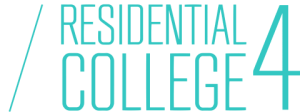Courses
Junior Seminars
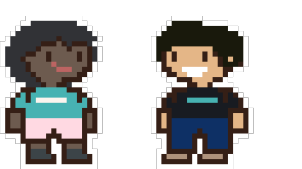
Junior Seminars
Junior Seminars are offered on a completed satisfactory/completed unsatisfactory basis (CS/CU).
Click here to view the timetable for Sem 1 AY2024/2025
Timetable is subject to change without notice. Accurate as at 24 June 2024
Junior Seminars Offered in AY2024/2025 Semester 1
UTC1702B Thinking in Systems: Diseases and Healthcare
Does a virus attack any individual? Or, does an individual create conditions for infection? How should hospitals plan treatment strategies and patient-staff movements during an outbreak? Should government allocate more resources to prevent onset of chronic diseases rather than managing the complications arising out of chronic diseases? Students will approach such questions from a systems perspective, which involves: understanding behaviours of subsystems and stakeholders such as disease/ infection, patients, providers, payers and society. They will also learn how the interdependencies and interactions between the different actors of the system can be integrated into a holistic system that enables better understanding.

UTC1702C Thinking in Systems: Sustainability & Us
How does our day-to-day actions and living habits affect our environment? How effectively can we engage the public, government and other stakeholders to shape a sustainable environment for humanity? Students will analyze these questions from a systems perspective by developing qualitative and quantitative models that can map the interconnections and interdependencies between stakeholders involved in current sustainability challenges facing humanity (examples: energy consumption, zero waste and recycling). In this course, students will not only develop a good understanding on sustainability challenges, but also on how actions of individuals can add up to cause such challenges.

UTC1702D Thinking in Systems: Population Dynamics
Many of the world's problems are linked to population changes: rapidly aging population, immigration woes, and the threat of environmental degradation to human existence. In UTC1702D, students will be introduced to population trends and be equipped to better understand fertility, mortality and migration and how they cause changes in population size, composition and distribution. It incorporates basic concepts, data sources and tools used in demography into a systems approach to modelling population dynamics. Students will build models of increasing complexity, covering a variety of generic structures and classic system dynamics modelling scenarios.

UTC1702E Thinking in Systems: Energy Systems
Are energy sources infinite? Do energy policies lead to a sustainable energy development? Would renewables solve our future energy needs, mitigate emissions and protect our environment? Students deal with such energy challenges by learning to understand 'energy systems' as a 'complex whole'. UTC1702E provides a platform for students to understand the complex behavior arising from interdependent interactions of different actors of energy systems with other economic, political, social, technological and environmental factors. To achieve this, it engages students to learn and apply systems thinking tools to such aforementioned challenges through relevant models, case studies and real-world energy policy/problem scenarios.
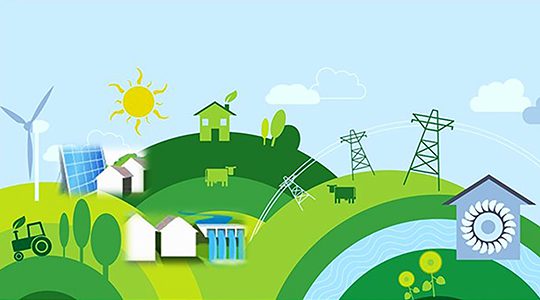
UTC1702F Thinking in Systems: Disaster Resilience
Disasters like floods, storms, new disease outbreaks are increasing in the world. Climate change adds new hazards and uncertainties to existing risks. But are disasters a result of increasing hazards or are we becoming more vulnerable to them? Will they remain as hazards if we plan for resilience? Is resilience built or managed? Students will critically analyse these questions through a systems approach developing qualitative and quantitative models to understand relations between hazards, vulnerability, policy interventions and development practices. UTC1702F will encourage students to analyse case studies and grasp the dynamic complexity between risks, social vulnerability and resilience.
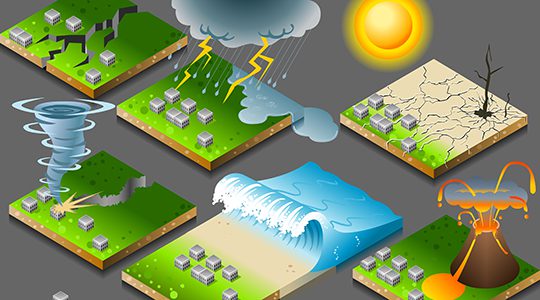
Senior Seminars
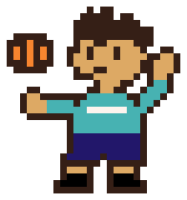
Senior Seminars
Students are awarded letter grades for Senior Seminars, with S/U Option
UTC-coded ==> Senior Seminar (SS) courses | UTS-coded ==> Senior Seminar Singapore Studies (SSU) courses
Click here to view the timetable for Sem 1 AY2024/2025
Timetable is subject to change without notice. Accurate as at 27 June 2024.
Senior Seminars Offered in AY2024/2025 Semester 1
UTC2700 - An Undefeated Mind: An Experiential Inner Re-engineering Approach
UTC2700 adopts an experiential learning approach to shape students’ psychological well-being and mental resilience through mind-body practices. Students will cultivate four skills/capacities for well-being namely: Faculty of Attention, Art of Listening, Emotional Balance and Self-Awareness. Students will translate their practices and personal experiences into reflective texts as well as system diagrams. They will then engage in fieldwork at elderly care organizations in Singapore where they will dialogue with caregivers to understand their emotions and experiences. This will provide them an opportunity to personally experience and share the benefits of awareness of their mental processes while engaging in delicate conversations.

UTC2704 - Projects in Systems
This course will foster deeper anchoring in Residential College 4’s (RC4’s) theme of systems through independent work in diverse areas such as energy, environment, health, society, and business. It builds upon the skill sets that RC4 students acquired in junior seminar and senior seminar 1. Students will do projects supervised by RC4 fellows; some of them may involve external collaborations and field work. Intellectual exchanges with supervisors, collaborators, practitioners, and peers will provide a unique experience to students.

UTC2716 - Networks: Complexity and Order (C&E)
A complex system entails a network of interconnections among its constituents. Take the network of friendships in a society. "Six degrees of separation" posits that any two persons in the world are connected through five or fewer other persons in this network. This amazing "small world" notion prompted scientists to study the organisational structure of networks. Indeed, many networks - however massive and complex - follow an order based on simple principles. In a minimally technical manner, this course follows this exciting development, which impacts our understanding of a plethora of phenomena from the spread of diseases to the propagation of opinions.
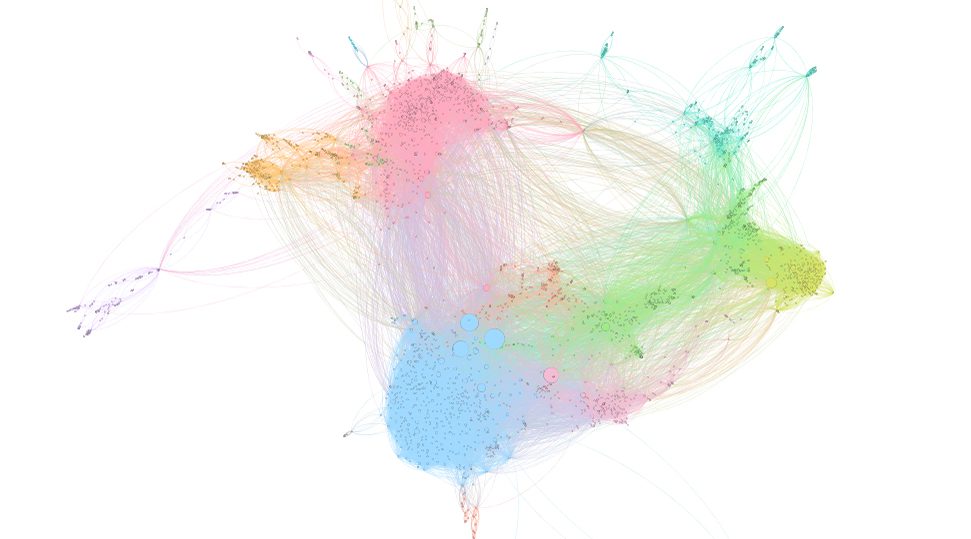
UTC2722 - Sleep Health: A Holistic Approach to Well-Being (C&E)
In brief, UTC2722 module aims to impart essential knowledge of sleep science - nature, function, biopsychosocial factors and complex phenomena associated with sleep/wake cycles, common sleep disorders, sleep health etc. It involves a practical and learner-centric approach in combination with adopting certain mindfulness-based interventions specific to sleep health to overcome sleep disturbances. This course also enables students to understand the interdisciplinary aspects of the sleep-body-mind-well-being nexus holistically as they apply systems thinking approach to recognize the impact of sleep on physical, mental and emotional well-being. This helps students to evaluate their own sleep problems, make informed/educated decisions and self-regulate/adjust habits to maintain good sleep health and well-being.
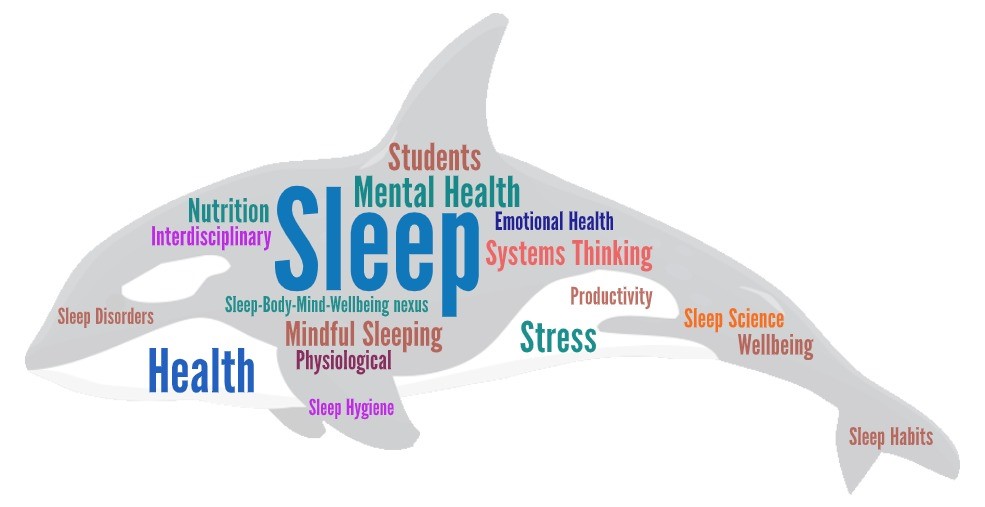
UTC2723 - How would YOU lead? (C&E)
This Senior Seminar is a dialogue about leaders and leadership in the future workplace. It takes students’ lived experience and encounters with leaders as starting points; and considers what the literature, experts, and leaders from different domains may have said/demonstrated about leadership. The stories and examples of leadership are drawn from multiple domains (e.g. politics, education, social enterprise, business). A key course goal is to integrate varied instances of leadership and contexts, that will help everyone arrive at their own response to the questions, “how would YOU lead? What kind of leader will you be, how, and why?”

UTC2728 - More than art imitates life: Women and Men in Film
Oscar Wilde wrote: “life imitates art far more than art imitates life” The ability of film, as an artform, to influence the popular consciousness is in some contexts seen as indisputable (e.g. censorship); however, at other times, its impact on the viewer is perceived as tenuous. How true is Wilde’s concept of the relationship between between art and life? This course invites you to apply systems thinking, key ideas in gender theory and film studies to films and their audiences as you investigate the connections between art and life.

UTC2729 - Causality and Natural Experiments (C&E)
Causal questions ranging from “does vitamin C cure colds” to “does immigration hurt local low-wage workers” are crucial to everyday decision-making and societal challenges. Causal inferences are drawn from randomized experiments, where researchers allocate individuals to treatment groups by a random draw. In social and human systems, natural experiments – situations arising in real life that resemble randomised experiments – offer a powerful way to study causal links. With a focus on intuition and practical understanding, this course discusses the motivation, identification, and interpretation of natural experiments, which are fruits of system-wide knowledge and interdisciplinary endeavors.
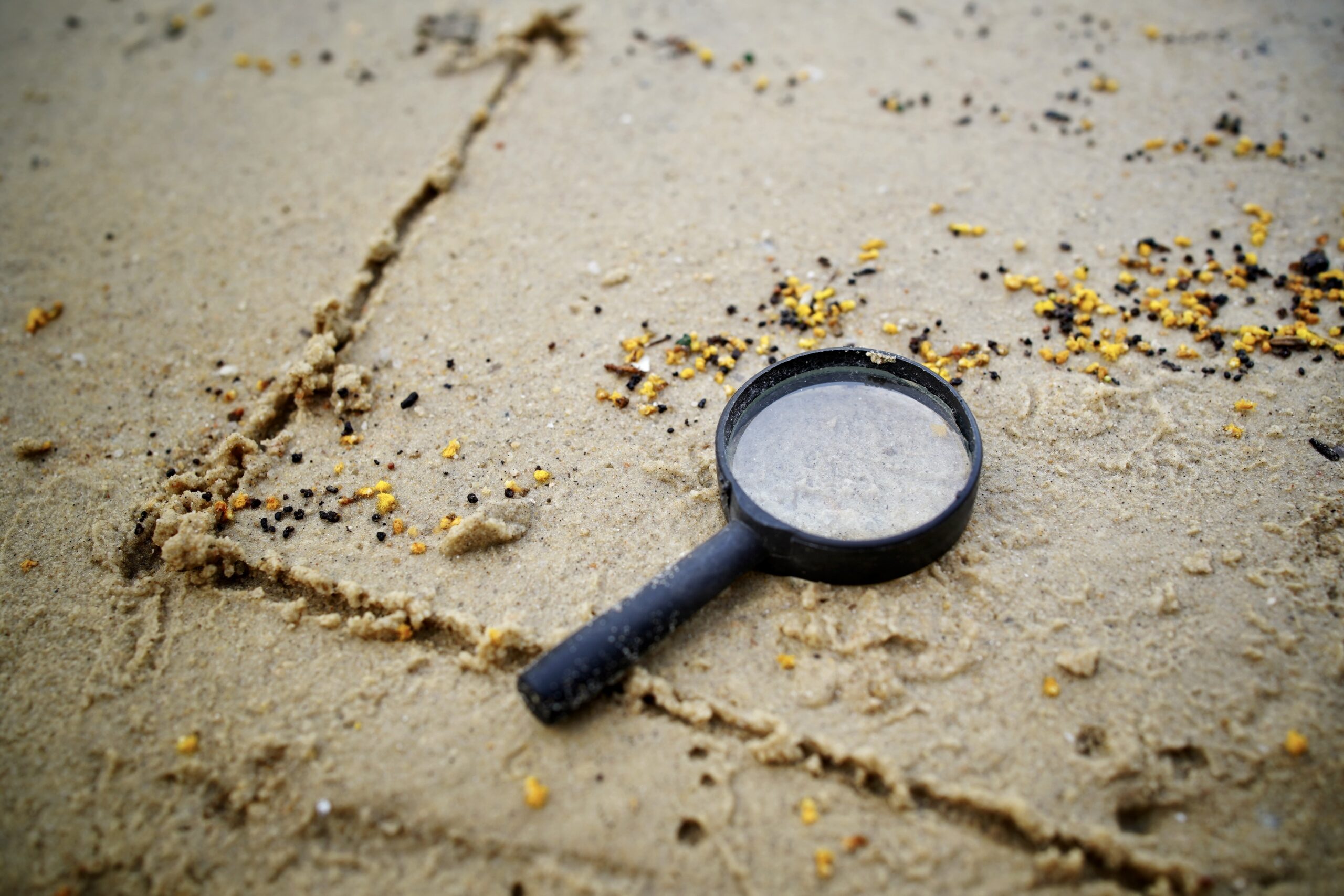
UTC2734 - Ideas to Pitches: Tech, Innovation & Entrepreneurship
Students will embark on a dynamic journey through frontiers of tech-enabled product startups or social ventures – starting from ideation, needs identification, conceptualization, design, to the art of crafting compelling business pitches. Embracing a “Systems Design” philosophy, this course integrates Design Thinking and Systems Thinking principles to enable innovations with entrepreneurial skills, while holistically analysing their multifaceted impacts on environment, society, and governance. Combining 5 weeks of seminars with 8 weeks of mentored group project, this course develops the entrepreneurial abilities of students, and empowers them to create viable solutions for human needs and for thriving in the world of innovation.
N.A for selection in Semester 1 CourseReg; refer to email to register

UTC2736 - Food System Resilience in Asia (C&E)
The world faces the challenge of producing food while reducing the negative impacts of production on the environment and society. This course will expose students to sustainability science, build their capacity to explore and solve systemic issues in agriculture in Asia, and create opportunities for students to co-produce knowledge with stakeholders and communicate it to impact policy and practice. Students will conduct fieldwork and engage with farm families, community leaders, and experts in Thailand. They will learn to apply tools of Systems Thinking and System Dynamics in a creative and participatory way to design desirable and acceptable solutions.
N.A for selection in Semester 1 CourseReg
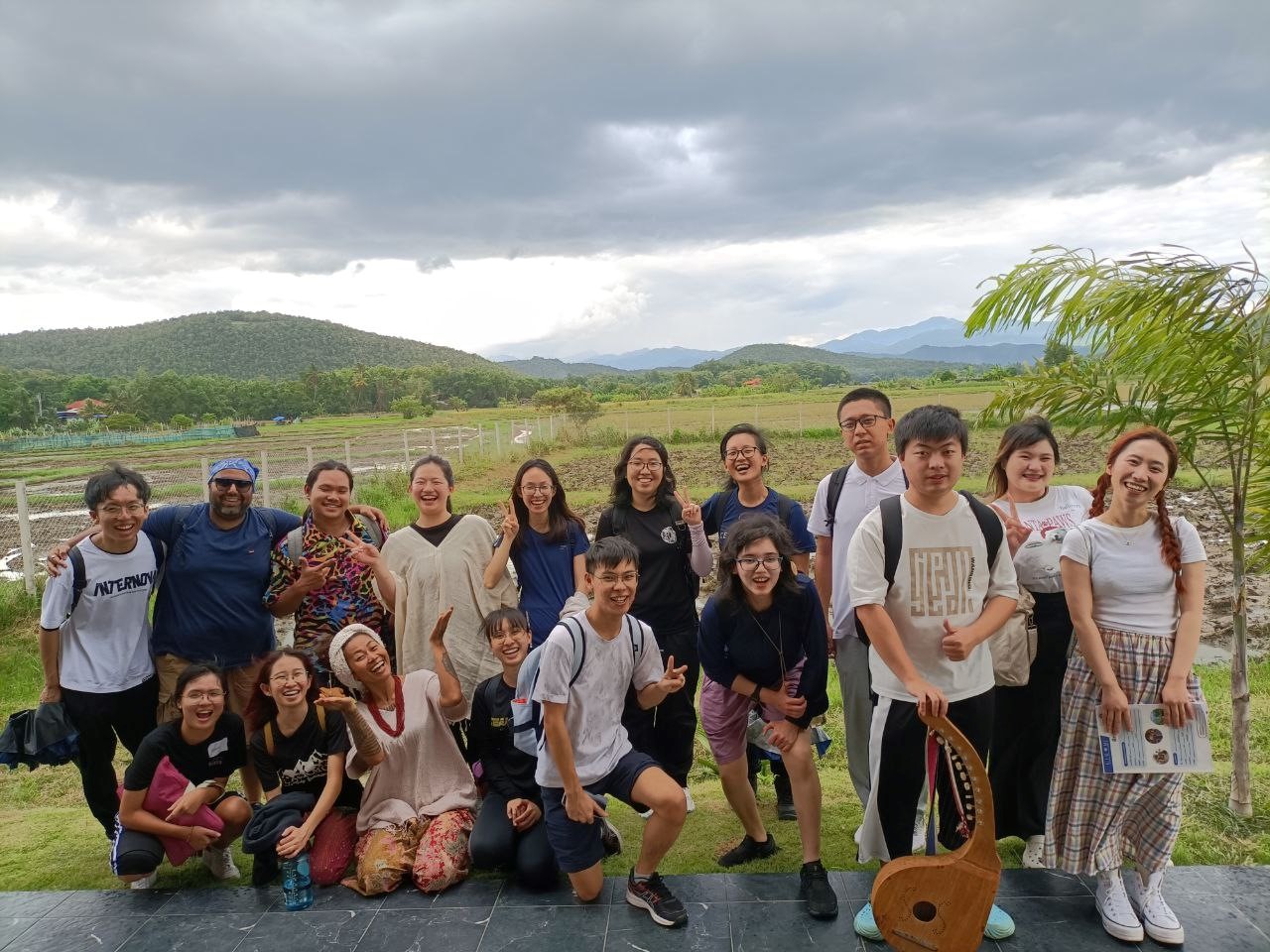
UTS2706 - A social critique of markets in Singapore
This course is a social critique of markets and market behaviour in Singapore. Markets are often explained with methodological individualism as opposed to broader social systems that underscore behavioural and motivational determinants. This course presents an inter-disciplinary reading of selected economic concepts and critiques them from a social and holistic angle. It is principally a sociohistorical reading of how markets perform. In its application side, the course will reinterpret the success of Singapore using conceptual tools such as objective value theory, social productivity, the leisure class, and the historically determined social wage.

UTS2711 - Religion, Governance and Policymaking in Singapore
This course adopts a calibrated social systems approach underpinned by reflective interdisciplinarity to survey the connections and linkages of policymaking and governance vis-à-vis diverse and relevant religious actors in Singapore. Balancing between theory and application, and between historical narrative and focus on the contemporary, this course interrogates a wide and complex array of religious-related factors which may influence the government in its policymaking process and the implementation of public policy, secularism in Singapore notwithstanding. It also investigates how the myriad of religious factors can effect social change and determine the direction of the politico-economic and socio-cultural policies of the government of the day. Dialoguing with guest speakers (policymakers and practitioners), problem-based learning to address complex real-world phenomena, and expeditionary learning through field trips are notable highlights of this course.

UTS2713 - Societal Collapse and Resilience (C&E)
No society, no matter how economically, culturally and technologically advanced, is immune to collapse. What led to the collapse of past and present-day societies, and what can we learn from them? Did these societies foresee the impending calamities threatening their existence? If not, why not? If yes, why did they not act in time? How is Singapore vulnerable to existential threats plaguing the world today and how do we strengthen our resilience?
In UTC2726/UTS2713, students will explore these questions through the lens of existing theories, illuminated through the use of causal-loop diagramming and insights gained through computer simulation.

UTS2714 - Mind, Ego and Happiness
In an increasingly complex and disruptive 21st century society, the enhancement of psychological resilience is significantly crucial and beneficial. With theoretical and empirical studies of the psychology of happiness, science of Mindfulness, other developmental psychological theories and models, as well as case studies of the incidence of mental health issues in Singapore, this course seeks to enhance its learners with a psychological ‘inner programming’ toolkit to be resilient so as to navigate the challenges of a volatile, uncertain, and complex world, as well as to develop cognisance and sensitivity to the Singapore mental health context.
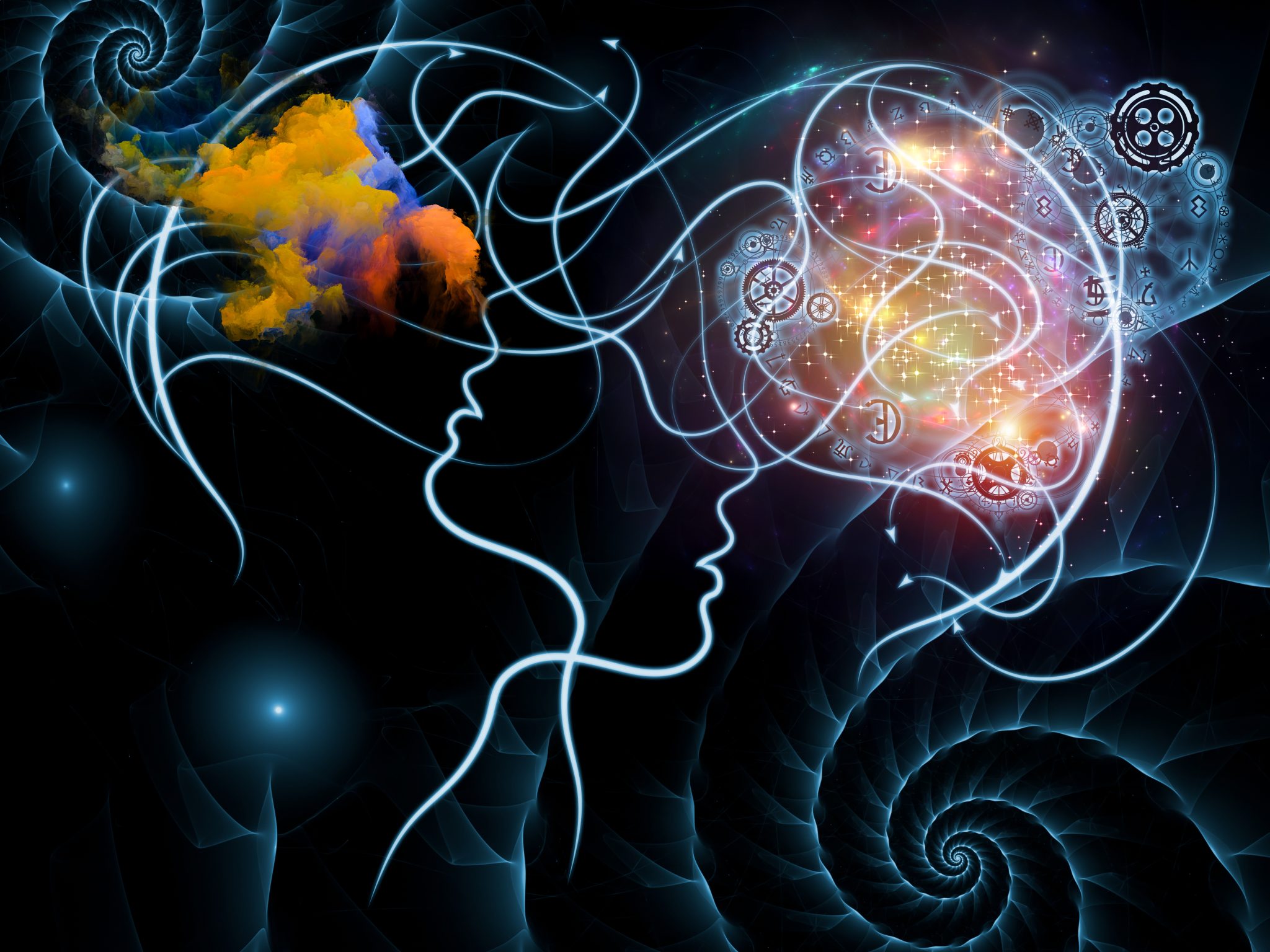
UTS2716: Systems thinking for wicked problems (C&E)
The world today faces multiple "wicked problems": climate change, inequality, war, hunger, and more. How do we fathom addressing such challenges? This course introduces these challenges in two ways.
The first is by understanding the nature of these challenges through the lens of complex adaptive systems. This includes applications of causal loops, complex networks, multi-agent systems and more.
The second is by exploring how such systems may be navigated, in Singapore and elsewhere. This will invoke i) the use of multiple disciplines in context; ii) working in ill-defined problem spaces; and iii) power dynamics operating in any given system.

Senior Seminars Not Offered
UTC2703 - Infectious Diseases: Dynamics, Strategies and Policies
Waves of infectious diseases like Ebola, SARS, and avian flu have shaken countries in recent years. The complex unpredictable nature of infectious diseases has also been a source of fear and threat to humans and other life forms for several centuries. The origin, spread, prevention and control of infectious diseases involve actors including animals, birds, insects, humans, environment, society and economics. UTC2703 will explore the interconnections and interdependencies between these actors as models that involve a “system of systems”. Besides helping to relate model structure to dynamic behaviour, the models will be used to design optimal vaccination and control policies.
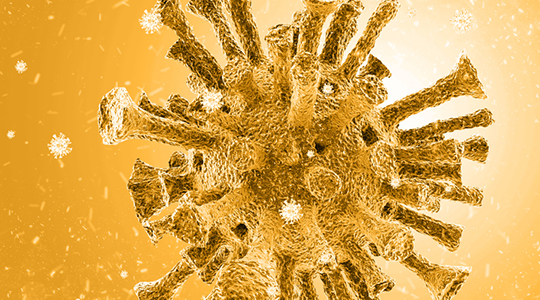
UTC2706 - Committed to Changing Our World: The Systems Pioneers (C&E)
The 21st Century world is one where the potential for an individual’s actions to elicit solutions is questionable. Critical problems such as an environment threatened by climate change, social inequality, food and water security issues and poverty seem overwhelming. This course uses the concepts and archetypes of systems thinking to understand the dynamics of individual presence and action in addressing such global issues. Students will be empowered to become proficient, disciplined, humane systems citizens, capable of envisioning and traversing life paths that make a difference.
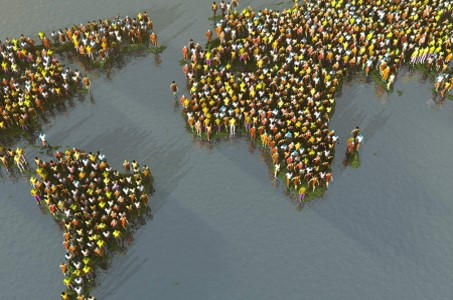
UTC2713/UTS2705 - Modelling Singlehood, Marriage & Fertility in Singapore
Singapore has a shrinking and ageing citizen population, owing to its declining fertility rates and longer lifespans, rising singlehood and divorce rates, delay in marriages and family formation. Policies designed to lift its fertility rates have had little success. This course will use system dynamics modelling to gain insights into the dynamics and outcomes of population transitions in Singapore and countries facing similar or contrasting demographic challenges. It will also explore changing attitudes and expectations associated with singlehood, marriage and childbearing in Singapore and the region, and seek to understand the interplay of factors creating policy resistance in the city-state.
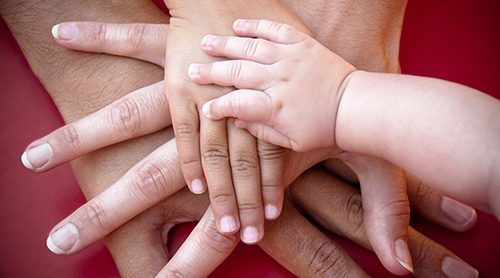
UTC2717/UTS2708 - Water Governance in Asia From a Systems Worldview (C&E)
Many Asian nations or cities within them face the challenges of 'too much-too little-too dirty' water. In this aspect, Singapore’s impressive progress stands out. Is there scope for the transferability of policy lessons from here to other Asian contexts? What kind of opportunities and challenges exists for such transferability? The course will build on prior knowledge of Systems philosophy and skills of model-based experimentations and provide students opportunities to explore the important questions on water policy through out-of-class activities in Indonesia and Singapore and classroom-based simulation techniques.
Click here for the short film made by students during their trip to Indonesia.
(Usually offered in Semester 2)
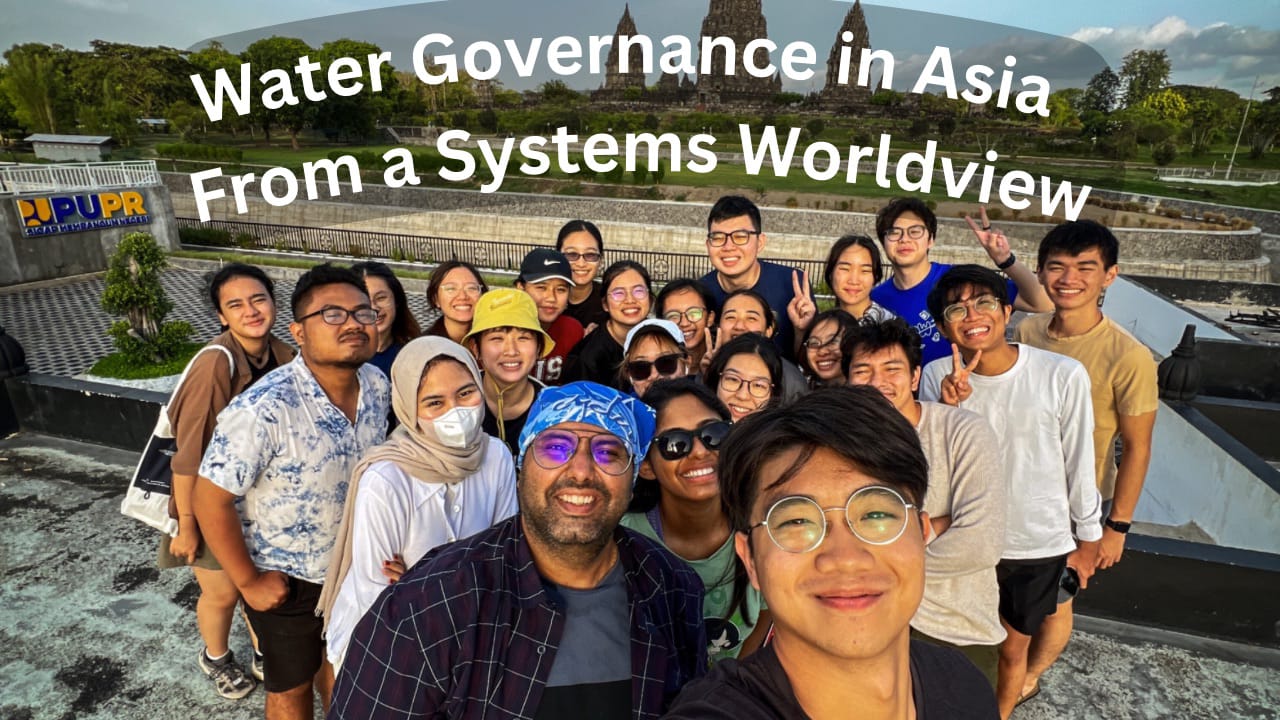
UTC2718/UTS2709 - Energy and Singapore: Dynamics, Dilemmas and Decisions (C&E)
Energy in Singapore depends mainly on imported fossil fuels/ petroleum/ natural gas. Obviously, in the quest for alternatives, future energy demand and mix, some challenges/dilemmas arise naturally in Singapore context: Will nuclear energy deployment be feasible? Is wind energy a viable option? Will a complete switch to solar, biofuels, and waste-to-energy technologies be possible? This course offers a systems and system dynamics approach to deal with such issues and the corresponding dynamics, dilemmas and decisions that arise while addressing them. Students will gain insights into the political, socio-economic and environmental aspects of these challenges through relevant case studies/models.

UTC2721 - Model & Systems Thinking for Complex Social Issues
UTC2721 explores a 21st century world characterized by volatility, uncertainty, complexity, and ambiguity (VUCA) by utilizing a synergy of model thinking and systems thinking. Why is segregation pervasive in society? Why are social riots sudden and abrupt? Why is environmental destruction irrational yet rational? From the catastrophes of nuclear meltdowns to financial crises, what role does risk and uncertainty play in our world? Students will approach such questions and evaluate complex social problems in the 21st century with models and systems concepts. Ultimately, this course seeks to expand the cognitive perception and enhance the systems thinking of its learners.

UTC2730/UTS2715: Alien invasions in Singapore (C&E)
This course imparts recently gained knowledge of various concepts and issues concerning biotic invasions and their adverse impacts on native biodiversity, human health and conservation efforts. Charting the history of biological invasions, the major topics covered include Darwin’s ideas on global floral and faunal fluxes and the mechanisms of global biological invasions as well as their evolutionary ecology. Singapore and Southeast Asia will be studied as hot spots of biological invasion with negative ecological, economic and social consequences that undermine ecological sustainability. The international protocols (Agenda 21) and national responses will illustrate current measures to manage these invasions.

UTC2732/UTS2717 - Rethinking Ageing: Potential for Integration (C&E)
The Health District @ Queenstown (HD@Q), led by NUS, HDB and NUHS, seeks to transform Queenstown into a senior-friendly environment with community programmes that integrate older adults into society. This course partners with key organizations of the HD@Q for student to engage in socially valuable action as they address the critical issue of an ageing Singapore population and the potential for integration. Students will encounter key concepts in service learning and intergenerational bonding to critically reflect on their action and broaden their interpersonal capacities. Through a service learning project, students will identify community needs via the approach of Systems Thinking.
Click here for the video.
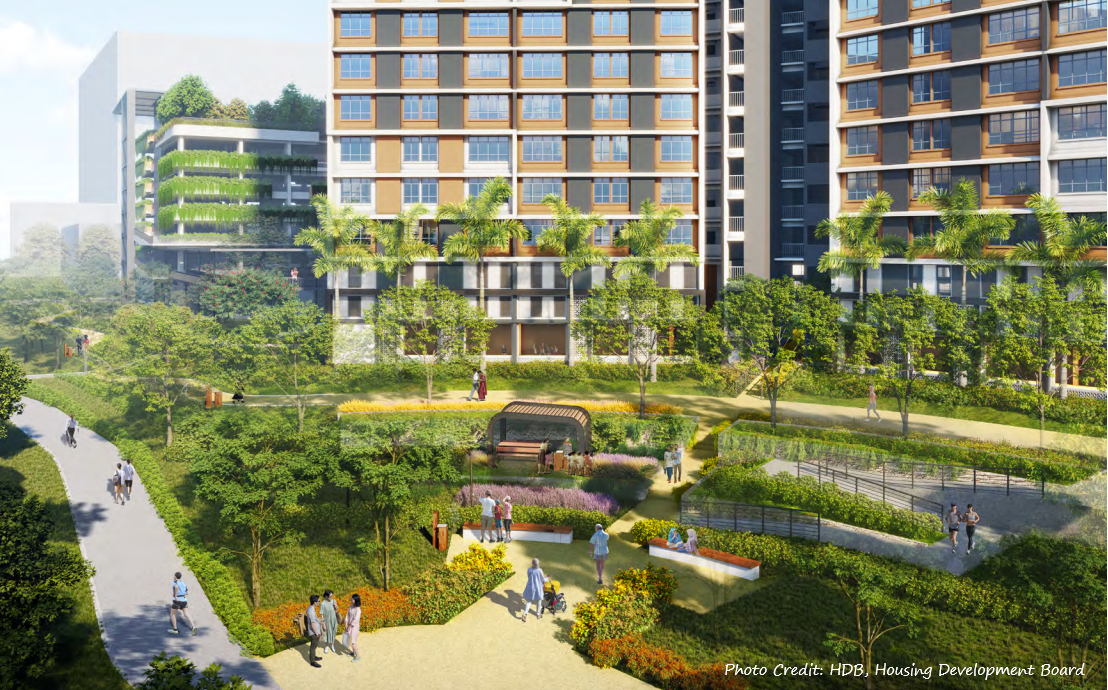
UTC2733/UTS2718 - Rethinking Age: Potential for Connection (C&E)
The Health District @ Queenstown (HD@Q), led by NUS, HDB and NUHS, seeks to transform Queenstown into a senior-friendly environment with community programmes that encourage social connection and intergenerational bonding. This course will partner with key organizations of the HD@Q as well as a school in Queenstown for students to engage in socially valuable action in a service learning project where they address the potential for and challenges to connection between youths and older adults. This is highly relevant to Singapore’s ageing population. Systems Thinking will be used as an approach to diagnose existing gaps and derive solutions.
Click here for the video.
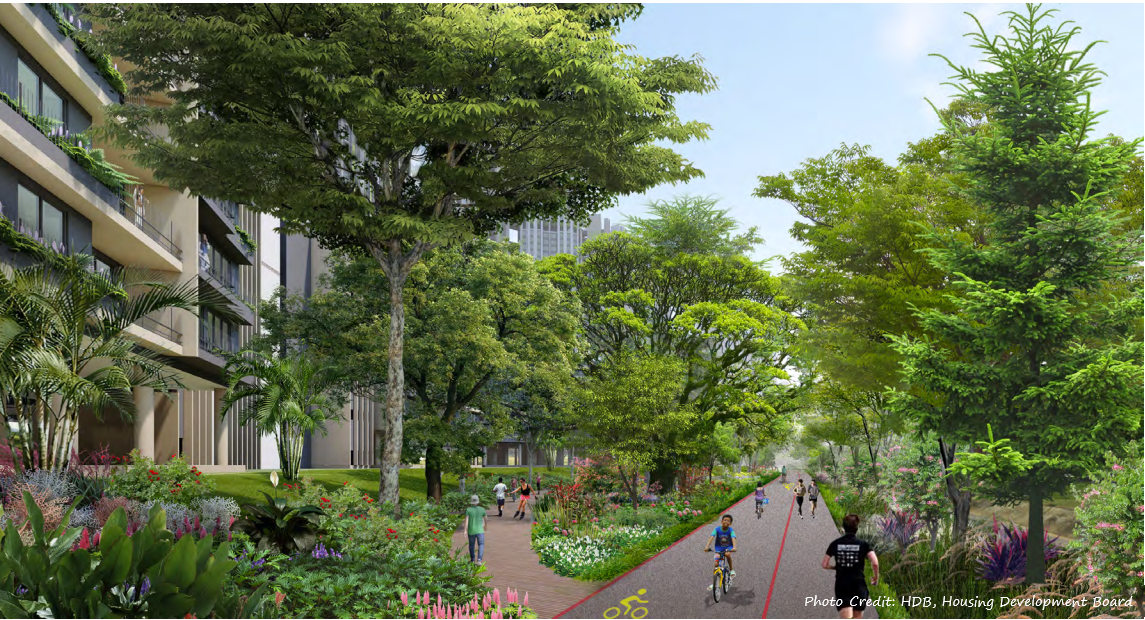
Ideas & Exposition Courses
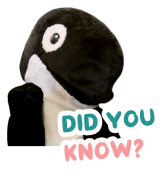
Ideas & Exposition
RC4’s curriculum includes academic writing courses titled “Ideas and Exposition”. The I&E courses are offered by the Centre for English Language Communication (CELC).
- Completing the Qualifying English Test (QET) is a pre-requisite for reading I&E courses.
Students who obtain Band 1 will have to take ES1000 followed by ES1103
Students who obtain Band 2 will have to take ES1103
Students who obtain Band 3 are exempted from these English courses and can read IEC - Students are awarded letter grades for these courses, with S/U Option.
- View IEC timetable
- IEC FAQ
Ideas and Exposition I Offered in AY2024/2025 Semester 1
UTW1001A: Identities and Ideas in Modern Market-Driven Societies
'Innovation,' 'growth' and 'development' are some buzzwords shaping our understanding of social realities. What do they reveal about the values upheld in modern consumer societies? In this module, we examine how themes like competition, self-responsibilization, self-accountability, rational profit-and-loss thinking and the constant impetus towards self-improvement operate as predominant frames in the conduct our daily lives. We explore how the identities and ideas of living in modern market-driven societies are constructed in relation to consumer lifestyles, sport, life-long learning and public housing. Students will develop writing skills enunciating varied points of view and arguments associated with the topics discussed.
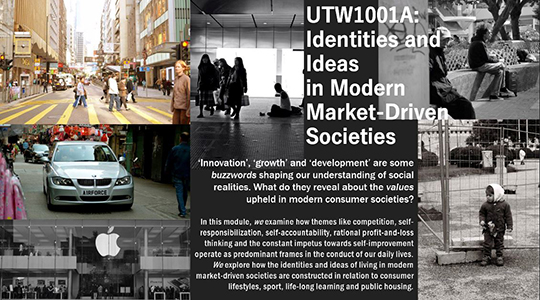
UTW1001C: At the Edges of the Law: Ethics, Morality and Society
What should be the reach of the arms of the law? Most find it unproblematic if a state punishes distributors of child pornography; but what if the punitive muscle of the state is also used to enforce public morality? Can the law intrude on the private lives of citizens? Should euthanasia be legal? In this module we shall be putting these and other pressing issues that are at the centre of political debate to critical enquiry. This module will appeal to students interested in the study of applied ethics, the criminal law, public policy and socio-political theory.
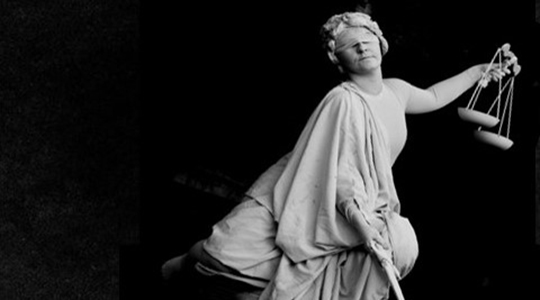
UTW1001I: Science and Popular Narratives
In an era of instant digital mass communication, the scientific and technological ideas disseminated via mainstream news, entertainment, social media and other online platforms may result in the sharing of contagious narratives which are not necessarily consistent with the underlying science. Such narratives can affect public attitudes and behaviour, often with far-reaching social and economic consequences. This course aims to evaluate some of these narratives to enable students to determine the degree to which they represent scientific 'truth'. By the end of the module, students should be in a better position to engage with media representations of science in general.
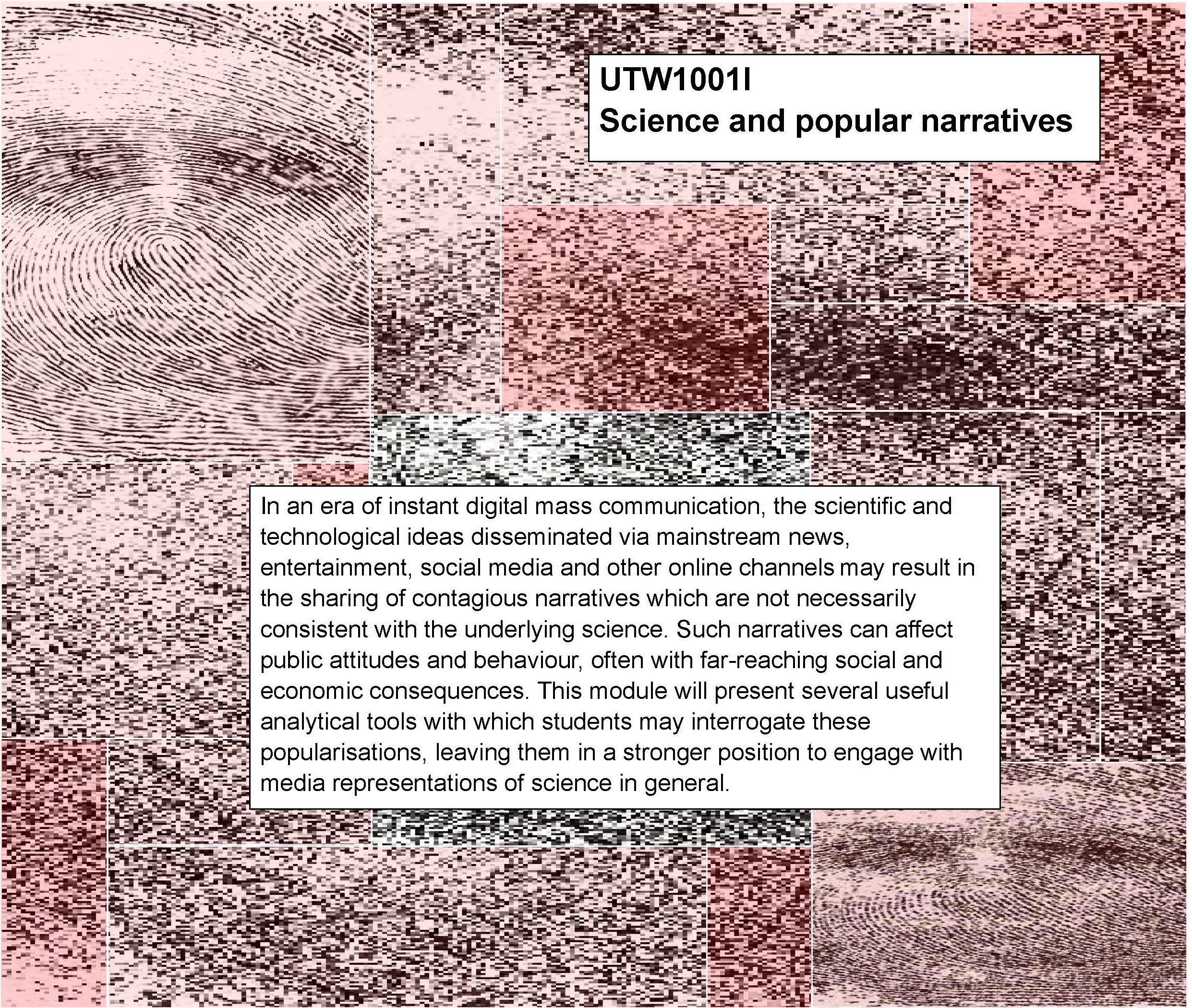
UTW1001J: How do we frame the Climate Crisis?
How do we raise questions about our collective responsibility as a species towards our planet? How do we deliberate about uncertainty regarding climate change’s effects? In this module, we discuss issues ranging from Siberian fires to climate refugees to investigate how some perspectives of the climate crisis become salient and prominent while others are silenced in dynamic socio-political environments.
By analysing the discourse of an article and examining its presentation, we understand the ‘spin’ on a particular perspective. We then investigate what makes some of these perspectives popular ways of understanding the climate crisis, while others are absent.

UTW1001K: Meaning of Home and Identity in the Diaspora
The term, Diaspora, originally referred to the forced dispersal of Jews from Israel, and connoted loss of homeland. Now, it is applied to people who have moved away from homeland and live elsewhere. Studies have shown that such movements have displaced people and led to a loss of identity for them. By engaging with issues of diasporic movements, the students will learn to view global identities in insightful ways and be enabled to empathetically evaluate identity formations. Using the framework of hybridity, the course explores diasporic displacement from an interdisciplinary perspective to understand complex meanings of home, belonging and identity.
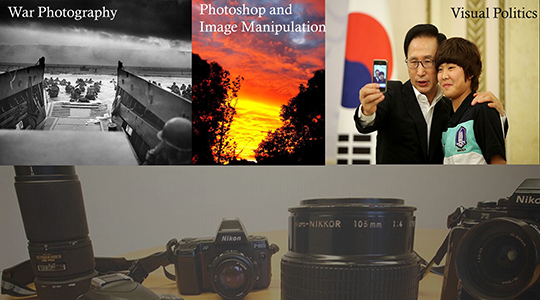
UTW1001P: Heroes
This course will explore the development and transformation of heroic figures across time and cultures, how people have reacted to these figures, and how these figures have been adapted. Students will engage with multiple versions of the “hero,” both male and female, from a variety of media (literature, film, television, graphic novel) and scholarly literature on the subject as a means to develop critical writing skills. Some questions we will ask include: What defines a heroic character? What do a society’s heroes reflect about its own values? What are the dangers of uncritical acceptance of heroes?
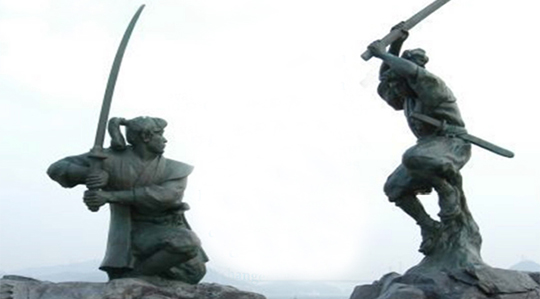
UTW1001Q: English, Singlish and intercultural communication
Students will explore how a language is shaped by the culture in which it is used and how it in turn shapes its users’ views of other cultures. They will investigate the culture-specific aspects of language, how they colour speakers’ worldviews, and how differences in worldviews may lead to intercultural misunderstanding. Students will develop reasoned positions on particular issues in intercultural communication and formulate arguments to defend their points of view. The focus will be on English and Singlish but other varieties of English and other languages will be used for comparison.
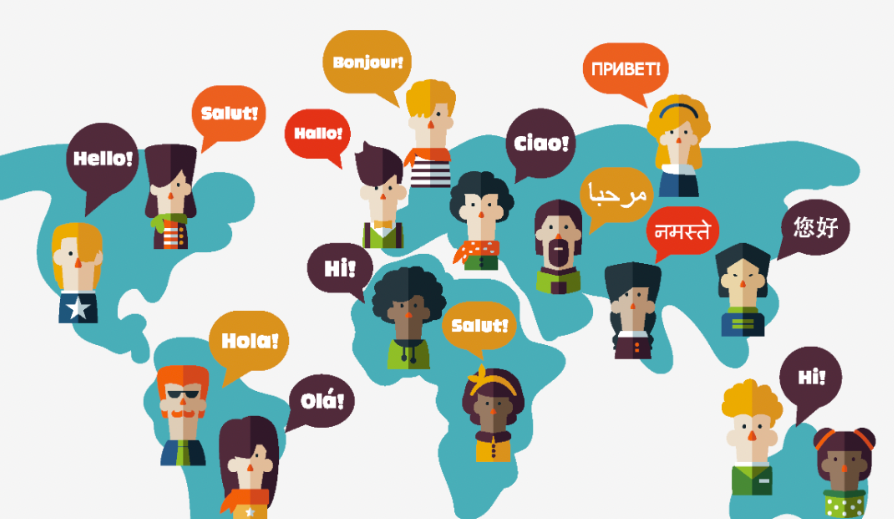
UTW1001T: How Rich Should Anyone Be?
Is it wrong for eight men to have as much wealth as 3.6 billion people? If so, what should we do about it? This module offers a deep dive into the nature and ethics of wealth inequality. It has two parts. We first address a theoretical question: When, if ever, is inequality morally wrong? This lays the foundation for the second part, where we examine the causes and consequences of wealth inequality, along with possible responses. The aim is to critically examine our attitudes and policies as we strive for a just and practical distribution of wealth.

Timetable
Timetable
Note: All lessons will be conducted face-to-face unless otherwise advised by lecturers

